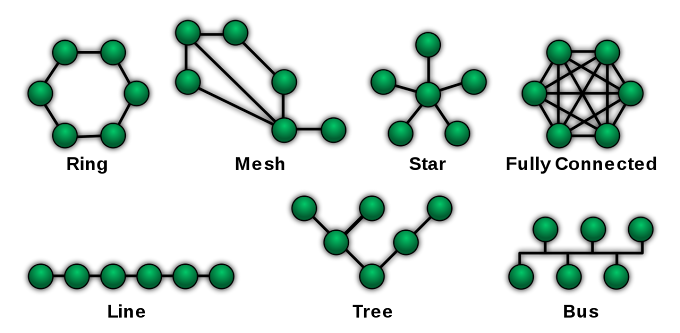what is Artificial Intelligence with example. What are AI? AI full form and what is term of Artificial Intelligent.
Every day, an outsized portion of the population is at the mercy of a rising technology, yet few actually understand what it's AI.
If you have ever browsed Netflix movie suggestions or told Alexa to order a pizza, you're probably interacting with AI over you realize and that is reasonably the purpose.
AI is intended so you do not realize there is a computer calling the shots but that also makes understanding what AI is.
In basic terms, AI could be a broad area of applied science that creates machines seem to be they need human intelligence.
So it is not only programming a computer to drive a car by obeying traffic signals, but it's when that program also learns to exhibit signs of human-like violence.
As intimidating because it could appear, this technology isn't new.
Actually, for the past half-a-century, it has been a plan sooner than its time.
The term "artificial intelligence" was first coined back in 1956 by Dartmouth professor John McCarthy.
He called together a bunch of computer scientists and mathematicians to determine if machines could learn sort of a young child does, using trial and error to develop formal reasoning.
The project proposal says they'll determine the way to make machines
"use language, form abstractions and ideas, solve forms of problems now reserved for humans, and improve themselves."
That was over 60 years ago.
Since then, AI has remained for the foremost part in university classrooms and super secret labs but that's changing.
Like all exponential curves, it's hard to inform when a line that's slowly ticking upwards goes to skyrocket but during the past few years, a pair of things.
AI becoming the following "big" thing: First, huge amounts of knowledge are being created every minute. In fact, 90% of the world's data has been generated within the past two years.
And now due to advances in processing speeds, computers can actually add up of all this information more quickly.
Because of this, tech giants and venture capitalists have bought into AI and are infusing the market with cash and new applications.
Very soon, AI will become a touch less artificial and lots more intelligent.
Now the question is: must you brace yourself for yet
another Terminator movie, continue to exist your city streets?
Not exactly. In fact, stop thinking of robots.
When it involves AI, a robot is nothing over the shell concealing what's actually accustomed power the technology.
That means AI can come about in many various ways. Let's break down the choices.
When you ask Siri or Cortana, where the closest service station is, it's really just translating your voice into text,
feeding it to a groundwork engine, and reading the solution back in human syntax.
So in other words, you do not should speak in code. At the far end of the spectrum is machine learning, and honestly, it's one amongst the foremost exciting areas of AI.
What is Machine learning?
Like a human, a machine retains information and becomes smarter over time.
But unlike a person's, it is not liable to things like immediate memory loss, information overload, sleep deprivation, and distractions.
But how do these machines actually learn?
it's going to be easy for a person's to understand the difference between a cat and a dog, for a computer, not most.
When you're only consideringphysical appearance, the difference between cats and dogs will be a touch gray.
You can say cats have pointed ears and dogs have floppy ears, but those rules aren't universal.
Between tail length, fur texture, and color, there are lots of options, which means lots of tedious rules someone would should program manually to assist a computer spot the difference.
But remember -- machine learning is about making machines learn like humans. And like several toddler, which means they need to be told by experience.
With machine learning, programs analyze thousands of examples to make an algorithm.
It then tweaks the algorithm supported if it achieves its goal.
Over time, the program actually gets smarter.
That's how machines like IBM's Watson can diagnose cancer, compose classical symphonies, or crush Ken Jennings at Jeopardy.
Some programs even mimic the way the human brain is structured, complete with neural networks that help humans and now machines -- solve problems.
Generations have long imagined the ramifications of AI, visualizing a society where machines seek revenge and wreak havoc on human society.
However, the more logical and pressing question is:
How will AI affect your job?
Will it make your work obsolete?
Just like the commercial Revolution, it is not human versus machine. It's human and machine versus problem.
The point is that AI helps you accomplish more in less time, taking over the repetitive tasks of your job while you master the strategy and relationships.
That way, humans can do what they are doing best … be human.










0 Comments
Please do not enter any span links in comment box